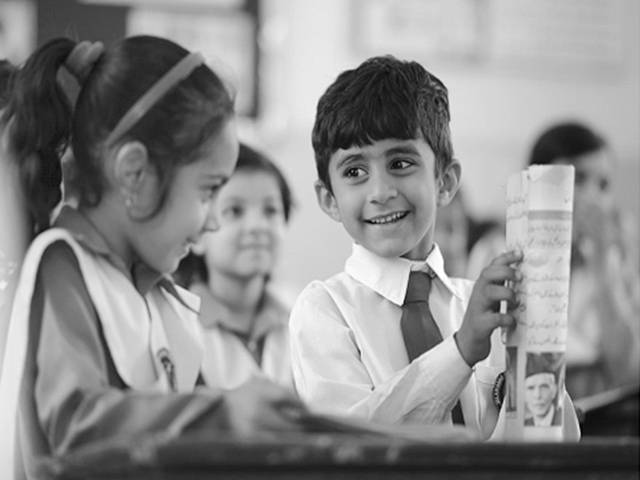“The man who does not read good books has no advantage over the
man who cannot read.”
–Mark Twain – 1835-1910
Illiterate people are the most underprivileged people of modern society. A well-educated citizen is better at making political decisions, is aware of his or her rights as a citizen and will be more wary of his family’s health than a non-educated individual. He will have less chances of developing a low self-esteem or getting unemployed. Low-salary jobs or unemployment contribute to poverty; and poverty is known to be the root cause of many of the crime rates and social ills today. Hence, to encourage governments to work on improving their literacy rates and to mobilise communities across the world to engage in curbing illiteracy, “World Literacy Day” is celebrated on September 8, annually. The idea was conceived by UNESCO on November 17, 1965, and has ever since been celebrated in many countries including all UN Member states. For people who have demonstrated outstanding solutions that can drive down illiteracy rates, International Literacy Prizes are also awarded on this day at the UNESCO headquarters in Paris. UNESCO is currently working towards meeting the Sustainable Development programme’s Goal 4, by 2030, which aims to, “ensure inclusive and equitable quality education and promote lifelong learning opportunities for all”. Writers like Paulo Coehlo, Paul Auster and El Tayeb Saleh, are also supporting UNESCO’s efforts through their participation in “Writers for Literacy Initiative”. According to UNESCO, Pakistan’s literacy rate was estimated to be around 55% in 2015, which is low in absolute terms but has improved incredibly from a figure of 43.9% in 1998. However, the illiteracy rate is also on the rise. With more public investment in the education sector, the government can provide high education to people in all provinces and not just Punjab. Alongside, it needs to provide more employment opportunity for fresh entrants to the job market.






